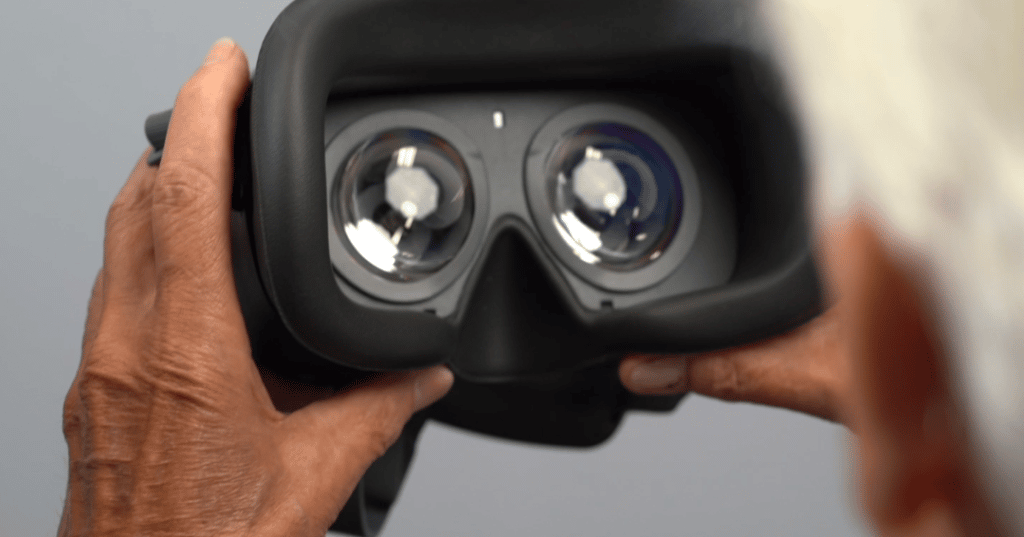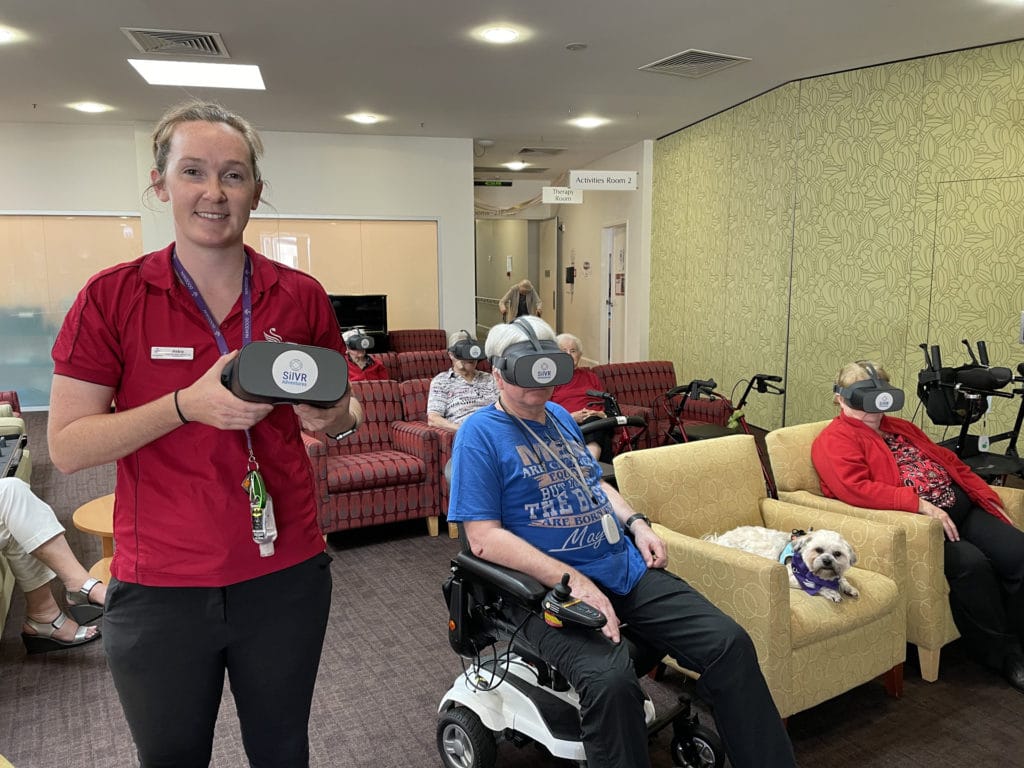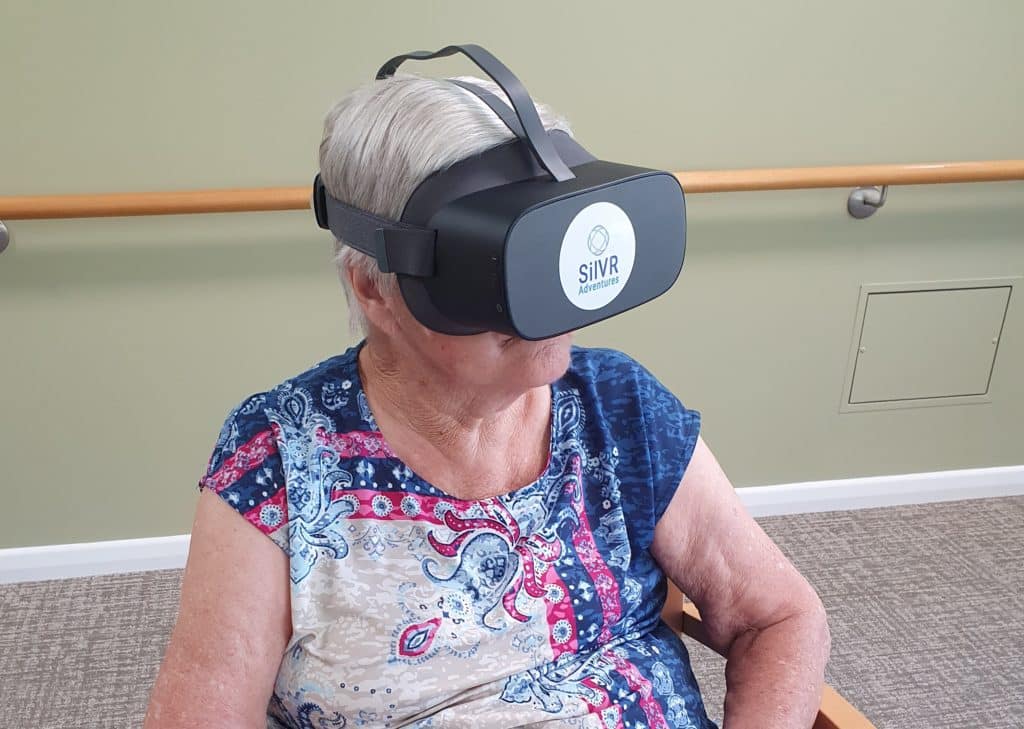The lockdowns that Australians faced during the dreaded Covid-19 pandemic worsened existing feelings of isolation for the vulnerable populations. Older adults who are reliant on external care, with some facing chronic physical impairments faced a great decline in mental health. This particular community was more vulnerable to disengagement during lockdown due to reduced visitation from family. There was also the possibility of their health declining due to their vulnerabilities. During these times, as human contact is most needed, it was also most feared.
If in future, our take on dealing with similar national health crises is similar to the Covid-19 pandemic, more attention needs to be given to providing support to alleviate the potential negative side-effects for future lockdowns. Providing support can come in many forms but the end results caters to one thing ; which is bridging the gap between human connection.

In many cases, we’ve seen that technology can play a part in enriching the lives of older adults who may be feeling isolated. Virtual reality technology can really change the narrative of aged care living.
Activities like “virtual travel” can evoke communication among the community of older adults. These social technologies can allow older adults to feel more connected to the world when social connection is at its minimum.
Those with physical mobility constraints would be able to explore the world beyond the 4 walls of their aged care homes. It’s an accessible way for the aged care residents to travel the world, be it in a lockdown or not.
To ensure this experience can be maximised, support is needed to provide staff with training to best cater to the residents using these technologies.
Opportunities to provide a shared meaningful experience would be endless and this fosters a stronger connection amongst residents as well.
This VR technology can be used beyond lockdown as this could be the interactive travel tool of the future for those who are incapable of travelling. It also creates opportunities for group activities and shared meaningful experiences to foster a deeper connection.
With that, there should be steps taken to ensure a comfortable experience as some memories bring back tears and staff need to provide the right reassurance to residents throughout this experience.
This would require proper training of staff if we were to advance the aged care experience. Not only that, but to introduce these new technologies would also require funding into the aged care industry.
It becomes a circular effect when funding into the frontliners of the aged care industry improves their morale during work and in turn it reflects into the care provided to the residents.

For this to come into action, policy action and serious intervention needs to happen. We’ve already seen a decline in the mental health of older adults in aged care homes during the Covid-19 lockdown, and it’s these steps that can help us do better moving forward.


